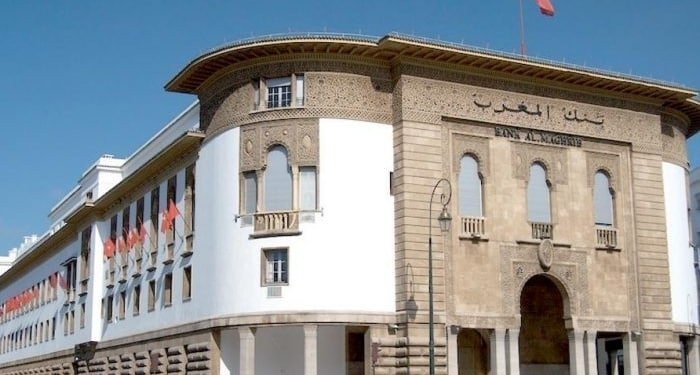Morocco's Central Bank Hikes Interest Rates for First Time in 14 Years

Rabat - Morocco’s central bank, Bank Al-Maghrib (BAM), announced today raising central bank interest rates by 0.50 points to 2%, in response to the lingering supply chain bottleneck and rampant inflation.
Following a quarterly board meeting today, BAM issued an official statement explaining the decision to raise central bank interest rates -- the interest rate central banks charge on loans to other banks -- aims to “guarantee a rapid return to price stability.”
In the same statement, the central bank said that it would “continue to monitor closely the economic development,” especially inflationary pressures.
Noting the economic circumstances underlying the decision to raise interest rates, the bank explains in the statement that inflation averaged 8% in August, up from 7.7% in July -- way above the recommended 2%. On a quarterly basis, price inflation averaged 6.3% at the end of the second quarter of 2022, rising from 4% the previous quarter.
Price inflation has extended to virtually all commodities with food and energy commodities prices rising to historical levels, BAM notes in the statement.
In light of this data, Bank Al-Maghrib projects that inflation would further accelerate to 6.3% at the end of 2022, up from 1.4% recorded a year ago. However, the central bank expects inflation to ease to 2.4% in 2023.
In the statement, Bank Al-Maghrib further notes that Morocco’s economy “continues to suffer” from the aftermath of this year’s severe drought and the disruptions caused by the COVID crisis and the Ukraine war.
At the previous BAM board meeting, international observers were expecting the Moroccan central bank to raise interest rates to bring down inflation, following the global trend of raising interest rates.
But the bank ended up deciding to maintain its interest rates unchanged at 1.5%, arguing that inflation was caused by international pressures and the disruption to the global supply chain.
What does the BAM hike mean to the average consumer?
Raising interest rates is the economic tool for central banks to bring down inflation, as The problem of rising prices can be addressed either by boosting production or constraining demand.
According to prevailing macroeconomic theories, a hike in central bank interest rates means that loans would become more expensive for the average consumer, and would inevitably slow down consumer spending and bring demand down, allowing for price inflation to ease.
However, more expensive loans would also mean a slower flow of investments as investors scale back on expansion operations, resulting in slower economic growth and higher unemployment levels.

